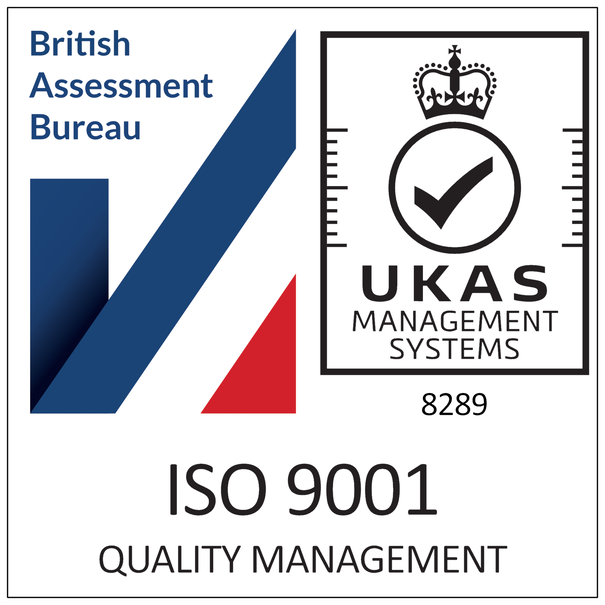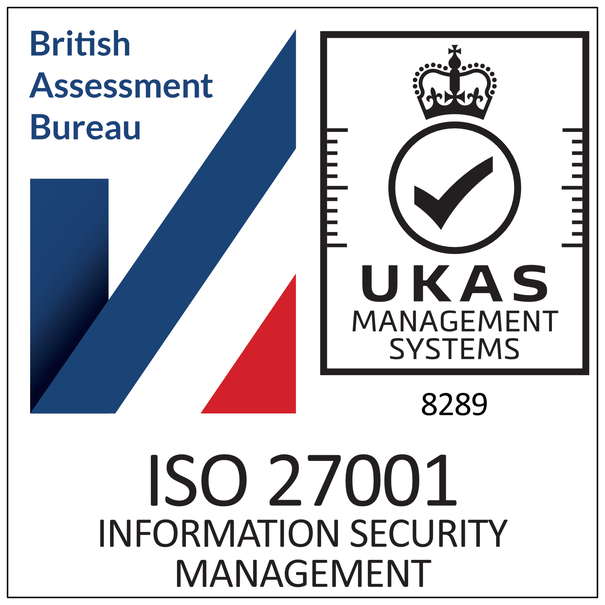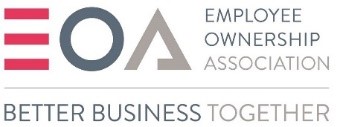
The changes which Brexit will bring to UK businesses will hugely impact businesses, and nowhere is this more apparent than for firms which import or export goods.
For example, many businesses might be hearing about duty deferments for the first time and wondering how this is likely to affect their entire supply chain.
As with all things Brexit, for detailed information on this issue including how to make your application, this government website should be your primary source. This will break down what duty deferment is, and why you need to be aware of it.
What is duty deferment?
Duty deferment accounts allow HMRC to release goods without firms having to pay the duty immediately. Instead, the import VAT and duty is paid the following month, via direct debit.
Paying on a monthly basis rather than per consignment means less paperwork, less stress and fewer potential delays to your supply chain.
Businesses that import from or export to non-EU countries will already be well aware of duty deferment accounts, but firms whose entire supply chain is based within the EU have never had to consider it.
However, as of January 2021 importing from and exporting to EU countries will also become subject to the likes of customs duty, excise duty and import VAT. Indeed, HMRC estimates that an additional 180,000 traders will be required to make customs declarations for the first time.
How does duty deferment work?
Your deferment will, by default, be guaranteed by a bank or insurer. However, it is possible to apply for a guarantee waiver at the same time as you apply for a duty deferment account. Further details of how to apply are in this Controlaccount article.
Why should I be concerned about duty deferment?
No one knows for sure at this stage, all the ramifications of Brexit for UK businesses.
This is partly because, at the time of writing, it is still quite possible that the UK will leave the EU without a deal. But even if a deal can be reached, uncertainty will still be present.
So, it’s vital that firms do their best to deal with the issues that can be accurately predicted. A major one, is that by leaving the single market and EU customs arrangements, there will be an increase in paperwork, costs and potential delays across the supply chain. Applying for a duty deferment account will help to mitigate this, removing at least one headache in the post-Brexit landscape.
How can Controlaccount help?
We offer 50+ services to help businesses operate more efficiently and manage cost effectively and, as a part of this, we have published a variety of blogs about Brexit and import/ export to help you negotiate it all.
To find out more about how we can help, please call 01527 388 388 or email sales@controlaccount.com










